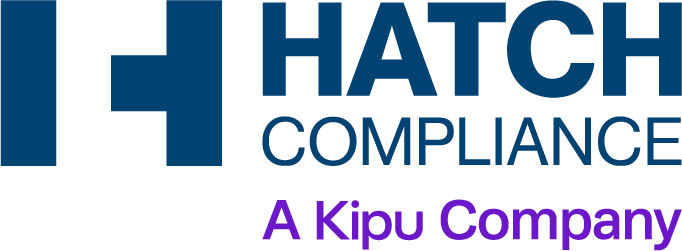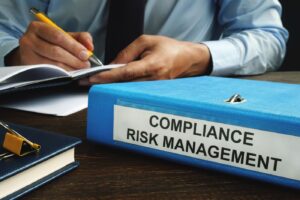Accreditation bodies play a pivotal role in ensuring organizations adhere to compliance standards and regulations. As the regulatory landscape continually evolves, these bodies serve as guardians, facilitating compliance updates and maintaining industry standards. Their significance cannot be overstated in the realm of compliance. Through rigorous assessments and certifications, they provide assurance to stakeholders and the public that organizations meet or exceed regulatory requirements. In this blog, we’ll explore the vital role accreditation bodies play in driving compliance updates and maintaining regulatory adherence.
Accreditation bodies fulfill various key functions, including:
- Facilitating compliance updates and regulatory adherence.
- Translating complex regulations into actionable guidelines.
- Conducting assessments, audits, and evaluations to ensure compliance.
- Collaborating with regulatory agencies and industry stakeholders.
- Championing compliance awareness and ethical conduct.
These bodies serve as conduits between regulatory agencies and organizations, translating complex regulations into actionable guidelines. They offer clarity amidst regulatory ambiguity, providing interpretive guidance and best practices. By disseminating compliance updates promptly, they empower organizations to adapt swiftly to changing regulations, thereby mitigating compliance risks. Through educational initiatives and training programs, accreditation bodies cultivate a culture of compliance, fostering continuous improvement and innovation within industries.
Accreditation bodies conduct assessments, audits, and evaluations to ensure organizations comply with regulatory requirements. By benchmarking against industry standards, they facilitate transparency and accountability, driving organizational excellence. Accreditation bodies also collaborate with regulatory agencies and industry stakeholders to anticipate regulatory changes and develop proactive compliance strategies. Through advocacy efforts, they champion compliance awareness, promoting a culture of ethical conduct and corporate responsibility.
In today’s dynamic regulatory environment, accreditation bodies play a crucial role in fostering trust and credibility. Their endorsements signal to stakeholders that organizations prioritize compliance and uphold ethical business practices. By accrediting compliance programs and processes, they validate organizations’ commitment to regulatory adherence, enhancing market competitiveness and reputation. As guardians of compliance, accreditation bodies inspire confidence and facilitate sustainable business practices in an ever-changing regulatory landscape.
In conclusion, the role of accreditation bodies in compliance updates is indispensable. They serve as catalysts for organizational compliance, driving regulatory adherence and fostering a culture of integrity and accountability. As organizations navigate complex regulatory frameworks, accreditation bodies provide guidance, support, and assurance. For those seeking assistance or more information on compliance matters, contacting Hatch Compliance, the compliance experts, is a wise step towards ensuring regulatory compliance and business success.
www.HatchCompliance.com // Info@Hatchcompliance.com













